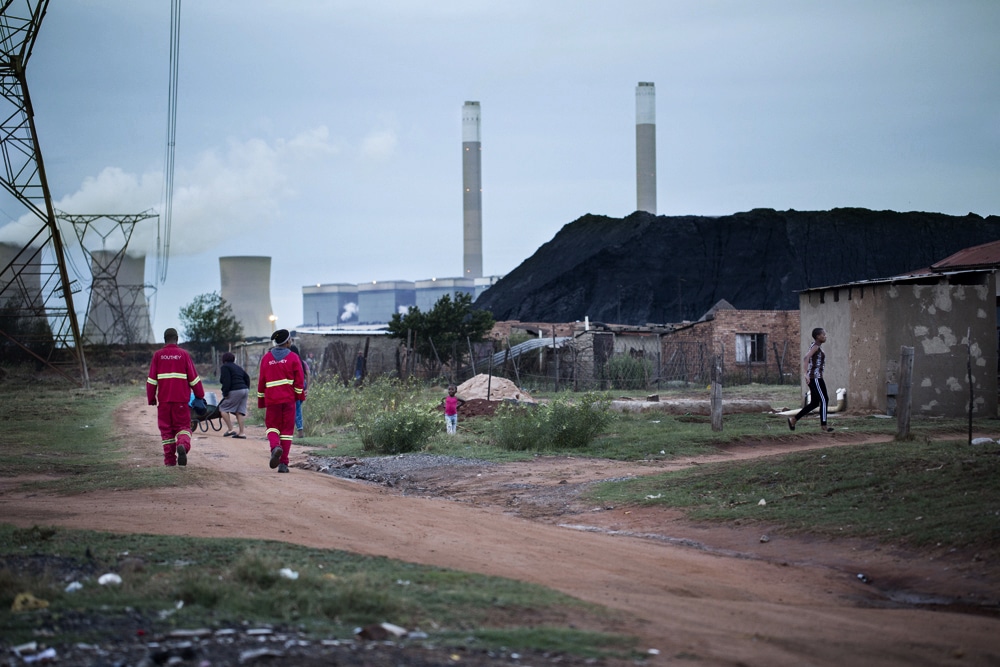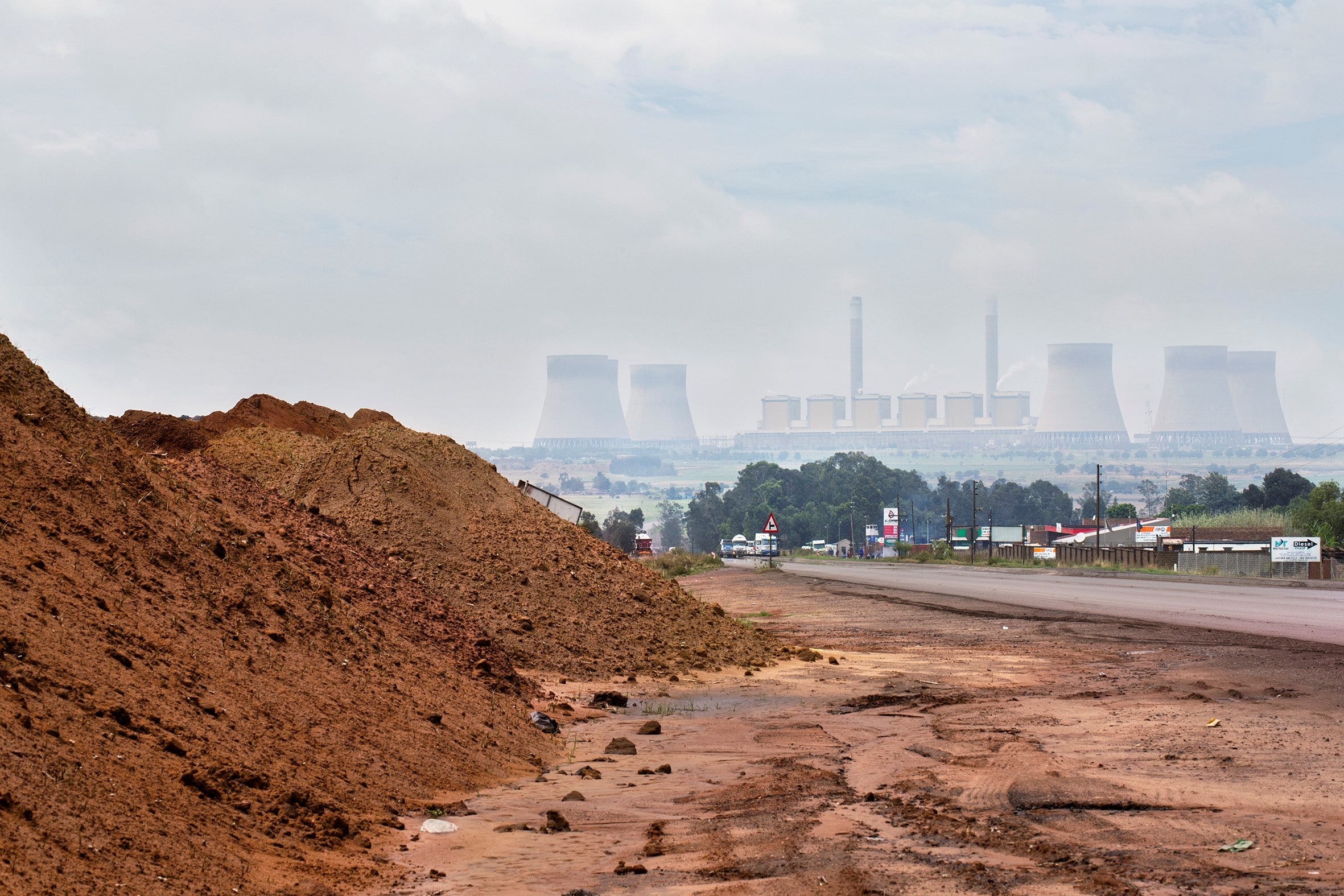2020-09-23
New report calls for end to export credits to coal
The coal industry is well-known for its serious climate implications and effects on local communities. Still, European export credits have contributed to expand the coal industry in countries already dependent on coal, including South Africa, a new Swedwatch report finds.
Coal is the most polluting source of energy and emissions from coal-fired power plants the single largest contributor to climate change. Still, global efforts to phase out coal are highly insufficient.
In the last decade, export credit agencies (ECAs) from Germany, Sweden and France have provided significant export credits to South Africa’s coal sector. The country derives 90 percent of its electricity from coal and is currently constructing two new, large-scale coal-fired powerplants while establishing several new coal mines. Through their export support, the ECAs have contributed to the expansion of the country's coal industry , which has a well-documented history of adverse environmental and human rights impacts.
For the report Up in Smoke: Human rights and environmental impacts of export credits to coal. The case of South Africa, Swedwatch visited South Africa’s Mpumalanga province, home to some of the world’s most polluting coal-fired powerplants. Human rights and environmental defenders, community members and health experts all expressed grave concerns regarding the industry’s effects on health, water and livelihoods. Impacts included respiratory disease, food security issues and decreased access to clean water. It was also evident that women and girls were disproportionately affected by a range of impacts while also at risk of sexual exploitation.
In 2015, France’s ECA completely halted credits to the coal industry. Since then, positive steps have also been taken by Sweden and Germany to reduce their support related to the coal sector; in 2019, the Swedish ECA declared it will stop all export credits to exploration, extraction and transportation of coal by the end of 2020. Germany continues to allow export support to coal mining and coal-related infrastructure.
While these are encouraging developments, the report calls on governments and business actors to act in alignment with the Paris Agreement and the Sustainable Development Goals and immediately cease all new export credits associated with coal projects via ECAs. In compliance with the United Nations Guiding Principles on Business and Human Rights, they should also prevent and mitigate negative human rights impacts related to projects supported by export credits.
As European ECAs generally adhere to export guidelines from the OECD, which do not prohibit support for coal-related exports, the report urges France, Sweden and Germany – who have taken vital steps in this direction – to actively push for other OECD member countries to follow suit.
The review of the ECAs also makes clear that there is an extensive lack of transparency in relation to export credits, guarantees, insurances and other means of export support. To address this concern, states should regulate their ECAs to disclose information on all high-risk projects to which they provide export credits, in particular those related to coal and fossil fuels.
The report was conducted in collaboration with the Swedish Society for Nature Conservation and Afrikagrupperna.




